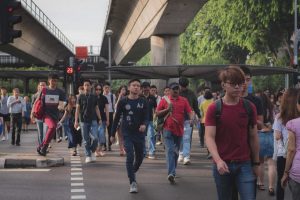All images are taken from MCI’s Parliament Livestream
After a three-week break, more than 16 MPs debated on the controversial Foreign Interference (Countermeasures) Bill on Monday (Oct 4) in Parliament.
MPs from the ruling People’s Action Party re-emphasised the danger of foreign hands dabbling in our politics and sought clarifications from the government on certain nuts and bolts of the legislation.
Workers’ Party MPs, on the other hand, proposed 44 amendments to further sharpen the Bill. The legislation, known as FICA, was passed after a marathon sitting—with 75 MPs giving the nod, 11 MPs rejecting it and two NMPs abstaining from voting.
Here are some key quotes from the 10-hour debate and what they signify.
From the Government benches:
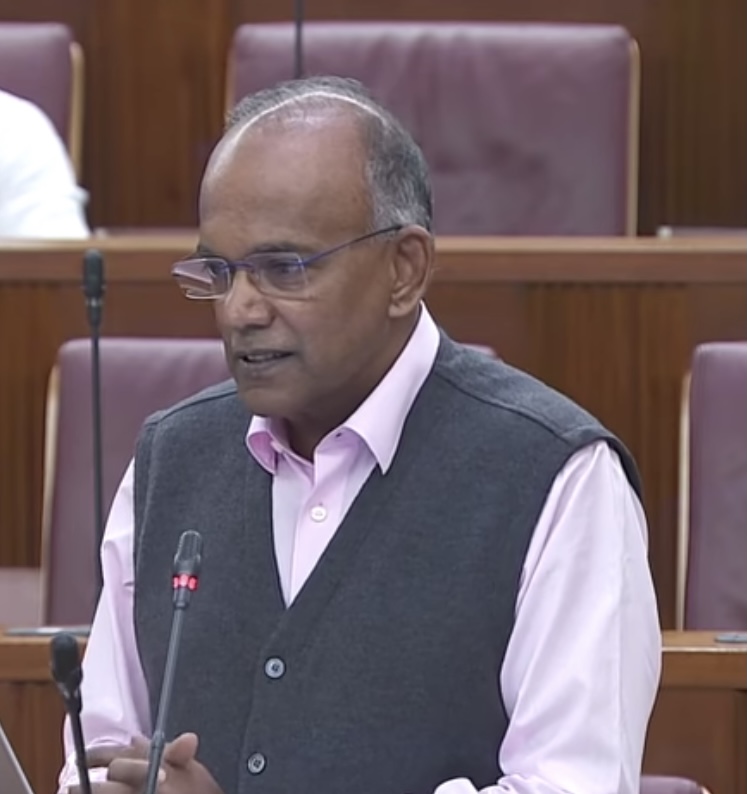
“On Mr (Gerald) Giam’s amendment to Clause 14, on amending the definition of “PSP” (Politically Significant Persons) to add—Now, once you’re designated as a PSP, there is a baseline set of obligations. Declaration of foreign affiliations, declaration of migration benefits, anonymous donations cap of $5,000, declaration of donations of $10,000 or more from permissible donors, no foreign volunteers. And so on. So, if you take a CEC member or equivalent, we can agree to this. We can add them today at the Committee stage. I will seek to move a set of amendments to the Bill during the Committee stage of proceedings and for these to be debated alongside the other proposed amendments filed by the other MPs on the Bill.”
Home Affairs Minister K Shanmugam
RICE’s commentary
The WP proposed 44 amendments to the Bill, some accepted by the government.
In his opening remarks, Mr Shanmugam accepted this amendment by Aljunied GRC MP Gerald Giam, among others. Although the WP eventually voted against the legislation, the move by PAP to accept these amendments can be interpreted in two ways—a more concrete role taken by the Opposition in policy-making and the PAP’s greater latitude to compromise and take in feasible suggestions by the Opposition.
“Some have said there have been no discussions, why is this Bill being put through so quickly? Have there been no discussions? We have been talking about this very seriously for more than three years. Extensively. The Select Committee (on Deliberate Online Falsehoods) heard extensive evidence in 2018 on this.”
Home Affairs Minister K Shanmugam
RICE’s commentary
It’s undeniable that the Select Committee from three years ago dealt with issues on foreign interference.
Mr Shanmugam mentioned this in his 2018 speech, when the committee was appointed, that our international position makes us an attractive target and foreign interests can be advanced through us.
It was further reiterated in the Green Paper on deliberate online falsehoods.
There were also sessions held behind closed doors during the Select Committee deliberations, private, as they concerned matters of national security and international relations.
Still, public optics could have been improved with clearer and more deliberate communications.
The criticism over the lack of consultation could have been avoided if Singaporeans understood that the consultation then was also meant to consider legislation against foreign interference.
A simple addition of the term “foreign interference” to the title of the Select Committee would have signalled that online falsehoods wasn’t the only agenda on the table; foreign interference as a related theme would also be included in the deliberations.
The terms of reference for the Select Committee could have been revised to add “foreign interference” to the agenda—which is currently missing, according to checks on Parliament’s website.
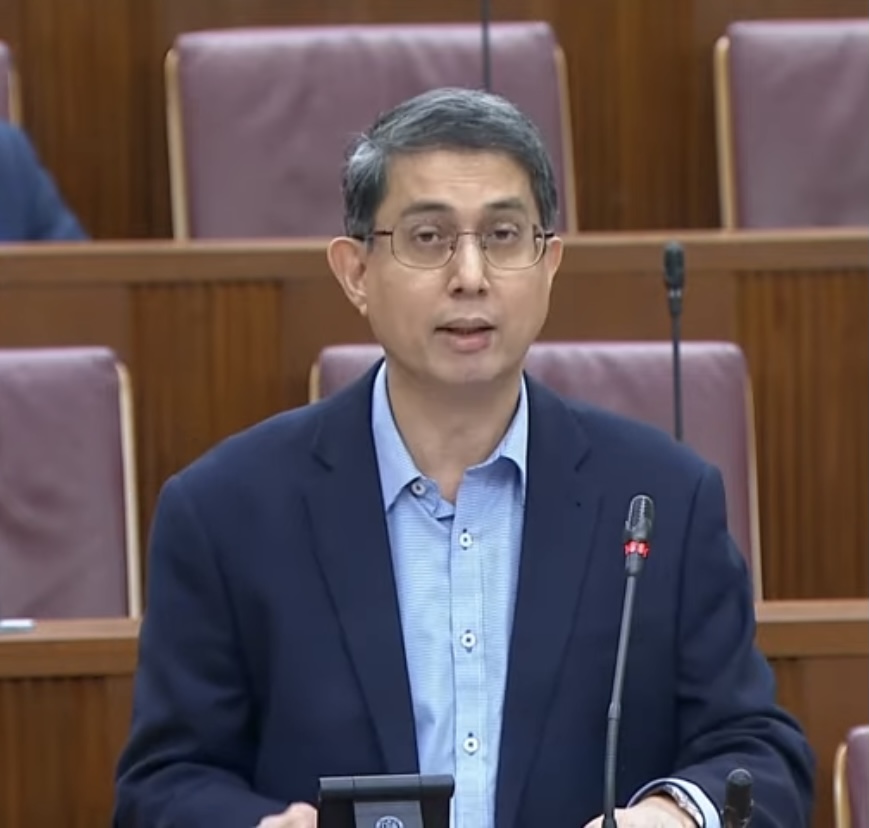
“Let me also reiterate that this Bill does not target Singaporeans participating independently in our domestic political discourse nor the very vast majority of interactions with foreigners. It is primarily concerned about covert and clandestine activities to manipulate our domestic politics and undermine our political sovereignty, and not open, transparent and attributable activities, transactions, relationships, or even criticisms. There are also various safeguards such as clear criteria for offences, clear authorisation thresholds for directions, and avenues for appeal.” (Translated from Malay)
Minister of State for Home Affairs Faishal Ibrahim
RICE’s commentary
This assurance is pertinent given the jitters expressed by some segments that the law will be used to clamp down on freedom of speech and association—and for good reasons.
The government’s track record on intrusive laws remains contentious and becomes a stumbling block even if it might bear good intentions.
One such example is the Internal Security Act, which was used to counter terrorist acts and radicals.
However, in 1987, it was also used against the alleged “Marxists conspirators” for “subvert(ing) Singapore’s political and social order using communist united front tactics”.
The move is still questioned in recent times by establishment figures such as Minister Tharman Shanmugaratnam, Straits Times associate editor Chua Mui Hoong and former Attorney-General Walter Woon.
From the Opposition benches:
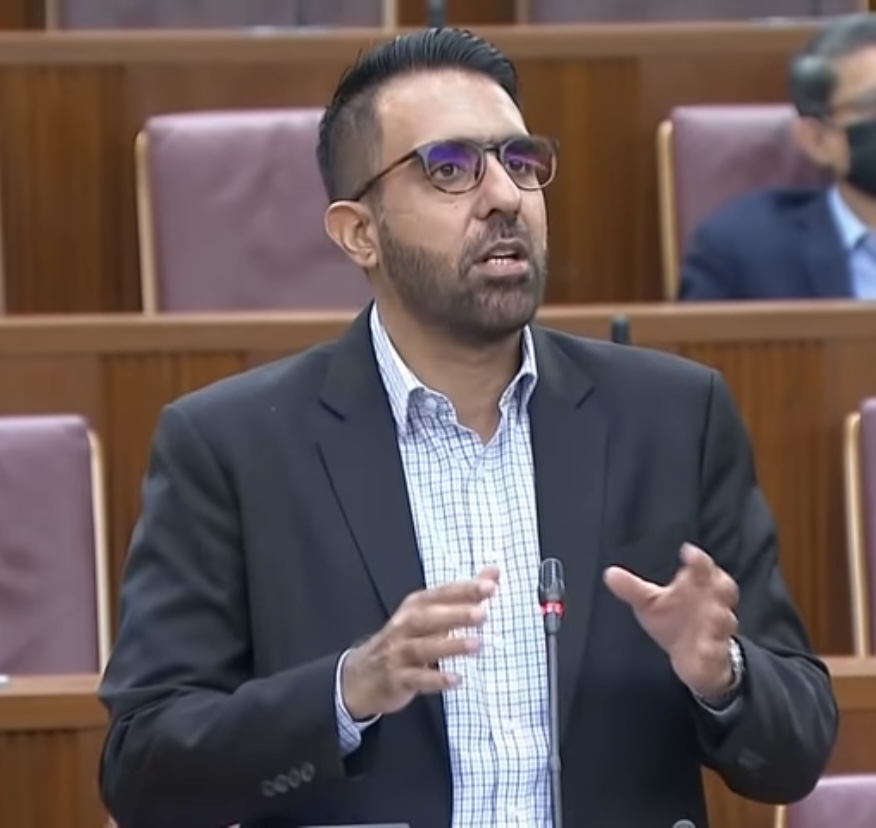
“The Government must also take immediate steps to implement non-legislative measures to tackle foreign interference, such as education and engagement of the public.”
Leader of the Opposition Pritam Singh
RICE’s commentary
The suggestions here, while well-intentioned, are mainly platitudes.
Mr Singh did not detail how education and public engagement should be done. He cited the 2017 French presidential campaign and how the French government took concrete steps to create awareness among the people on information manipulation by external forces.
But, at face value, they cannot be regarded as suggestions without tweaking them to suitably fit Singapore’s context.
The Leader of the Opposition’s point on non-legislative measures could have been stronger by proposing specific examples.
Should such an education start at a young age, bearing in mind that children may find it difficult to grapple with the concept of foreign interference? Given that Singaporeans are not as politically-minded compared to the French who have a revolutionary spirit, how do we present this concept in terms palatable to the layman?
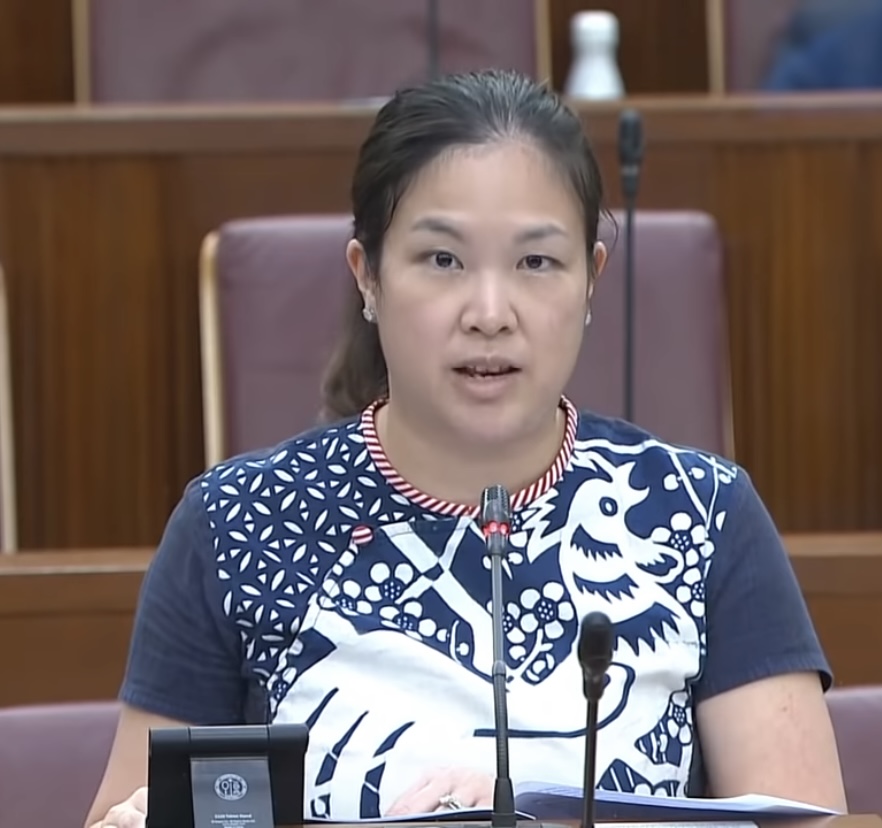
“Why the pressing need to forge ahead on this Bill now? While I reiterate that the Workers’ Party agrees that appropriate measures need to be put in place to counter the threat of foreign interference, we would like to understand what is the real and imminent threat that Singapore faces that warrants such a rush in passing the Bill?”
Sengkang MP, Ms He Ting Ru
RICE’s commentary
In her speech, Ms He said many Singaporeans are currently preoccupied with other important needs, such as navigating through the tightened COVID-19 measures and the quarantine and testing regimes. MPs are also scrambling to assist their constituents in this difficult period.
Given the importance of this legislation, Ms He suggested that it could be more meaningful for lawmakers to debate this legislation—and also for citizens to understand and appreciate the government’s move to do this—when everyone has more bandwidth.
In his opening speech, Minister Shanmugam did say he wanted to address the issue on the timing of the Bill and its urgency.
While he unveiled a laundry list of comments from experts on the dangers facing Singapore, evidence of consultation, and proof that the government has paved the way for this legislation, he didn’t address Ms He’s point on the urgency to pass this Bill and the urgency to have the debate at this point in time when everyone is preoccupied with fighting a new wave of COVID-19 cases.
“The Reviewing Tribunal is clearly not an effective substitute for the Courts. Firstly, the composition of the Tribunal is decided by the Government, and only one of them is a Supreme Court Judge who is qualified and experienced in scrutinising and determining such appeals. This is also problematic as it effectively is appointed by the Cabinet, in what is effectively a check, by the executive, on an executive decision. This is a classic case of, in the words of the Leader of the Opposition, ‘Ownself Check Ownself’. The Tribunal is also, unlike the Courts, not part of the Judiciary established under our Constitution, whose independence is also enshrined in our Constitution.”
Sengkang MP, Ms He Ting Ru
RICE’s commentary
Claiming that the appointment of the tribunal as a case of “ownself check ownself” could be seen as putting cart before the horse as the Cabinet has yet to appoint members for it.
The assumption is that other than the Supreme Court judge, the Cabinet will eventually appoint individuals who are not independent of the government. But the converse is still technically possible, even though naysayers may claim it’s mere rhetoric.
There was even a historical precedent to this. Former Chief Minister David Marshall was appointed to the Presidential Council (now known as the Presidential Council for Minority Rights, which can stop the passage of a Bill if it’s disadvantageous to any race or religion) by Lee Kuan Yew’s Cabinet, even though he was seen as an anti-establishment figure.
It might even be possible for Mr Pritam Singh to be appointed to the Reviewing Tribunal if Mr Shamugam’s wrap-up speech is anything to go by. After all, Mr Singh has legal background (“selected for their areas of expertise”) and it has been stated that as Leader of the Opposition, he will from time to time receive confidential briefings by the Government to ensure better understanding across both sides of the political aisle on important national issues such as security and external relations.
This is congruent with what the minister reassured—that members (of the tribunal) will undergo security vetting as they will be receiving highly classified and confidential information.
The full speeches can be accessed here:
Home Affairs Minister Shanmugam’s opening speech
Home Affairs Minister Shanmugam’s wrap-up speech
Minister of State for Home Affairs Faishal Ibrahim’s speech
Leader of the Opposition Pritam Singh’s speech
Sengkang MP He Ting Ru’s speech



